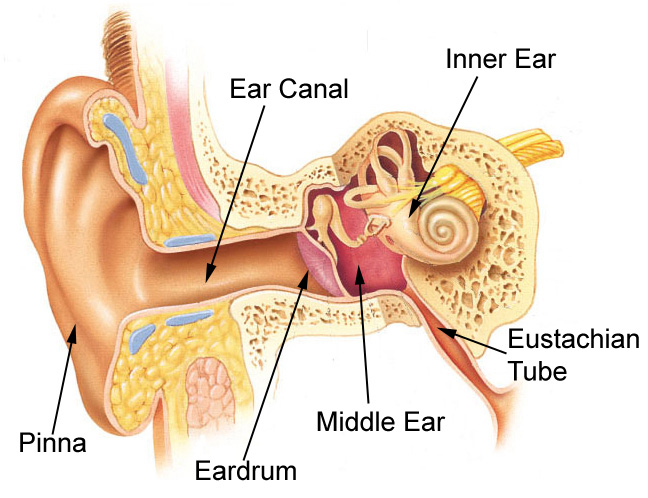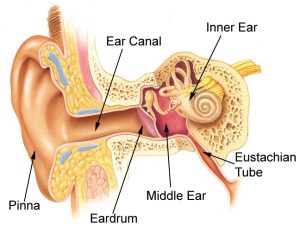Before getting dressed in a diving suit or boarding boat, make sure you hear a "click" or a "pop" in both ears when swallowed. The sound means both ears Eustachian channels (eng.Eustachian tube) are open.
Several hours before diving, start gently flattening your ears every few minutes. "It is of great value and is believed to help reduce the chances of blocking at the start of a descent," says Dr Ernest S. Campbell. "Chewing and chewing gum have been shown to help between dives,"
"Pre-pressure boost" helps to immerse yourself in the first meters when the diver is venting the BCD and blowing the mask. It can also "move" the ear Eustachian channels, so it 's a little bigger. The advice provided here may be helpful to many, but not all.
Extending the neck also opens the ear canals.
Do not try to suffer from ear pain. Yours Eustachian channelsmay be blocked by a pressure difference. If your ears start to hurt, lift up one meter and try to level again.
Both tobacco smoke and alcohol irritate your mucous membranes, promoting more mucus that can clog your mucous membranes. ear canals.
Water rinsing in a diving mask on the nose can irritate the mucous membranes, which then produces more mucus in the nose, which is disturbing and needs to be cleaned.
Practice makes perfect:
Divers who have difficulty equalizing the pressure in the ears may find it helpful to learn a number of techniques, such as training the swallowing reflex. For many, it is difficult at first to start practicing ear pressure equalization, the process is easier. Ear leveling is a scuba skill that you can practice anywhere. Try to practice in front of a mirror so you can watch your throat muscles. For a list of methods used to straighten your ears, see How to straighten ears.
You have no experience then let's get started diver training with the Open Water Diver course, which is the foundation and knowledge base for all future courses. We offer 30 different specializations in diving training and the issuance of international PADI scuba diving certificates.


